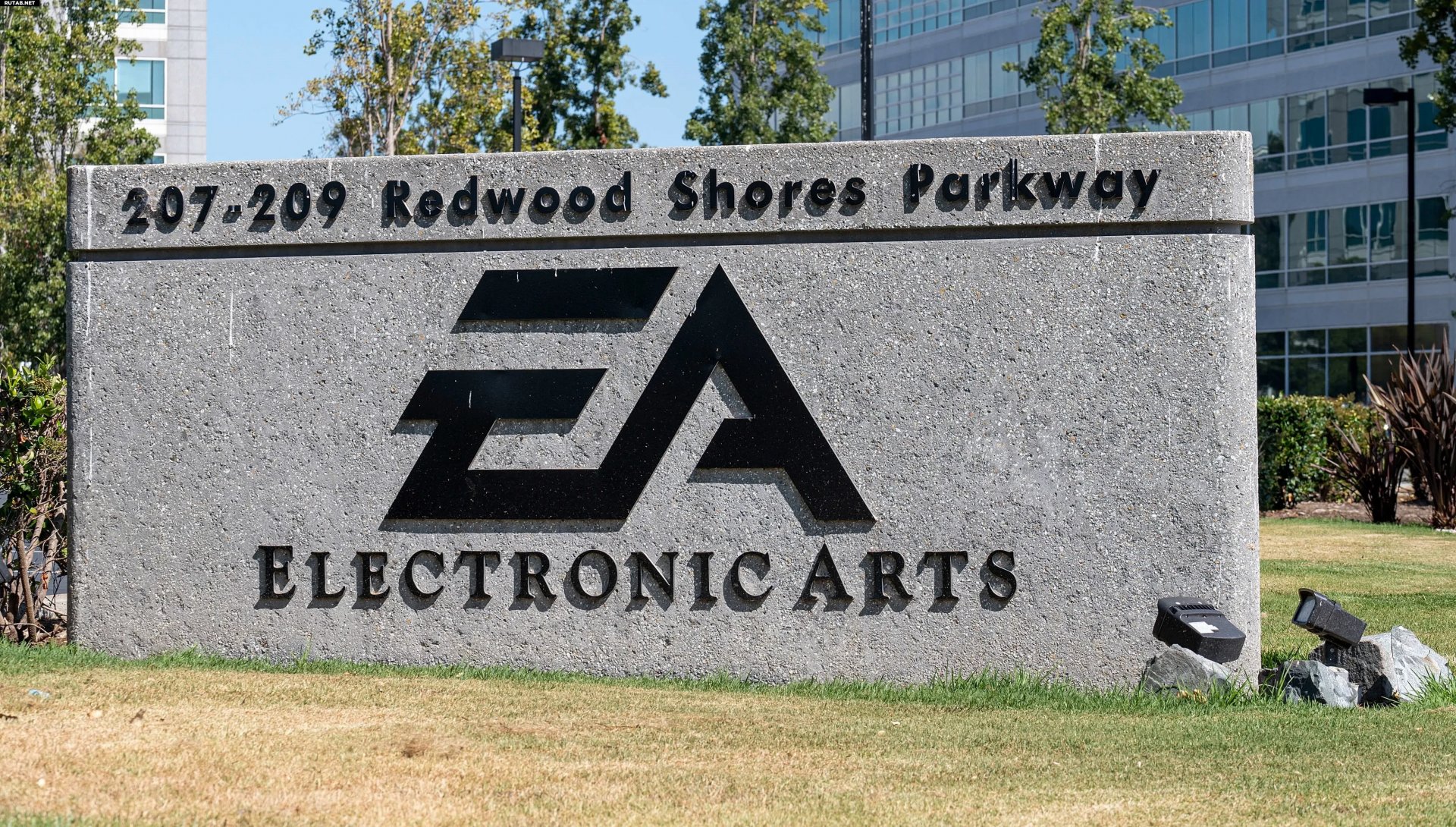The gaming world is currently abuzz with speculation surrounding a potential deal that could see Electronic Arts (EA), one of the industry`s undisputed titans, transition from a publicly traded entity to a private enterprise. Whispers of a colossal $50 billion leveraged buyout are circulating, a move that, if realized, would not only redefine EA`s trajectory but also mark a significant milestone in corporate finance. This isn`t just another acquisition; it`s a potential record-breaker, poised to become the largest leveraged buyout ever recorded.
The Architects of the Deal
At the heart of this formidable proposition is a consortium of investors, prominently featuring Saudi Arabia`s Public Investment Fund (PIF) and the private-equity powerhouse Silver Lake. While EA currently commands a market valuation of approximately $43 billion, discussions behind closed doors have reportedly pushed the acquisition price closer to a staggering $50 billion. Such a premium underscores the strategic value perceived in EA`s extensive portfolio, which includes household names like FIFA, Madden, and NBA, alongside newer ventures such as the revamped free-to-play Skate.
For context, the last time the corporate world witnessed a buyout of this magnitude was in 2007, when Texas-based utility company TXU was acquired for around $32 billion. The potential EA deal, eclipsing this benchmark by a considerable margin, signals a profound shift in the scale of investments now flowing into the entertainment and technology sectors.
Saudi Arabia`s Expanding Influence in Gaming
The PIF`s involvement is far from novel within the gaming sphere. The Saudi sovereign wealth fund has been steadily accumulating stakes across the industry, signaling a clear strategic pivot towards diversification beyond oil. Their portfolio already includes significant investments in major players such as Activision Blizzard, Take-Two, Embracer, and Nintendo. Notably, PIF already holds a 2.6% stake in EA itself, indicating a long-standing interest in the publisher`s fortunes.
Their ambitious strategy recently saw the Saudi government-owned mobile developer Scopely acquire the gaming division of Pokémon Go creator Niantic for a reported $3.5 billion in March 2025. These consecutive high-profile moves paint a clear picture: Saudi Arabia is not just dabbling in gaming; it is actively shaping its future, aiming to establish itself as a formidable force in digital entertainment.
The Unspoken Cost: Ethics and Investment
However, the narrative of financial prowess often intertwines with complex ethical considerations. The Public Investment Fund, chaired by Crown Prince Mohammed bin Salman, the de facto ruler of Saudi Arabia, is unfortunately no stranger to controversy. The Crown Prince has been widely linked to the 2018 assassination of journalist Jamal Khashoggi, and the nation itself faces persistent accusations of wide-ranging human rights violations.
This brings to the forefront a critical debate: at what point do the financial benefits of investment outweigh, or at least challenge, the moral compass of the recipient company and its stakeholders? The term “sportswashing” has become common parlance to describe attempts by controversial regimes to improve their public image through investments in high-profile sports. The PIF`s deep involvement in sports, including the controversial LIV Golf organization, has certainly drawn such comparisons. Now, with significant investments in video games, one might reasonably ponder the emergence of “gamewashing”—a similar effort to legitimize and soften an image through the widely appealing medium of interactive entertainment.
“In the world of high finance, capital is often seen as colorblind. Yet, when that capital comes from sources mired in geopolitical controversies, the lines blur, forcing a re-evaluation of what constitutes `business as usual`.”
What Going Private Could Mean for EA and the Industry
For Electronic Arts, a private transition would offer a significant degree of operational freedom, unshackling it from the quarterly earnings pressures and intense public scrutiny that come with being a publicly traded company. This could potentially enable longer-term strategic planning, bolder creative risks, and a more streamlined decision-making process. The move would allow EA to focus more intently on its core offerings and expansion into new markets without immediate public market repercussions.
For the broader gaming industry, this potential mega-deal underscores a trend of increasing consolidation and the influx of non-traditional investment capital. As gaming continues its ascent as a dominant global entertainment medium, it naturally attracts colossal financial interest. Yet, this influx comes with a subtle, albeit significant, cost: a growing need for transparency and a critical examination of the sources of this newfound wealth.
Looking Ahead: A New Dawn or a Moral Maze?
The potential $50 billion buyout of Electronic Arts represents more than just a financial transaction; it`s a bellwether for the evolving dynamics of the global gaming industry. It highlights the immense value placed on interactive entertainment, the audacious ambition of sovereign wealth funds, and the persistent ethical tightrope walked by corporations navigating a complex geopolitical landscape. As the industry matures, the question of who owns our favorite digital worlds, and what values they represent, becomes increasingly pertinent. The coming weeks may reveal whether EA embarks on a new, private chapter, and with it, whether the gaming world embraces a future where capital`s color is increasingly scrutinized.

